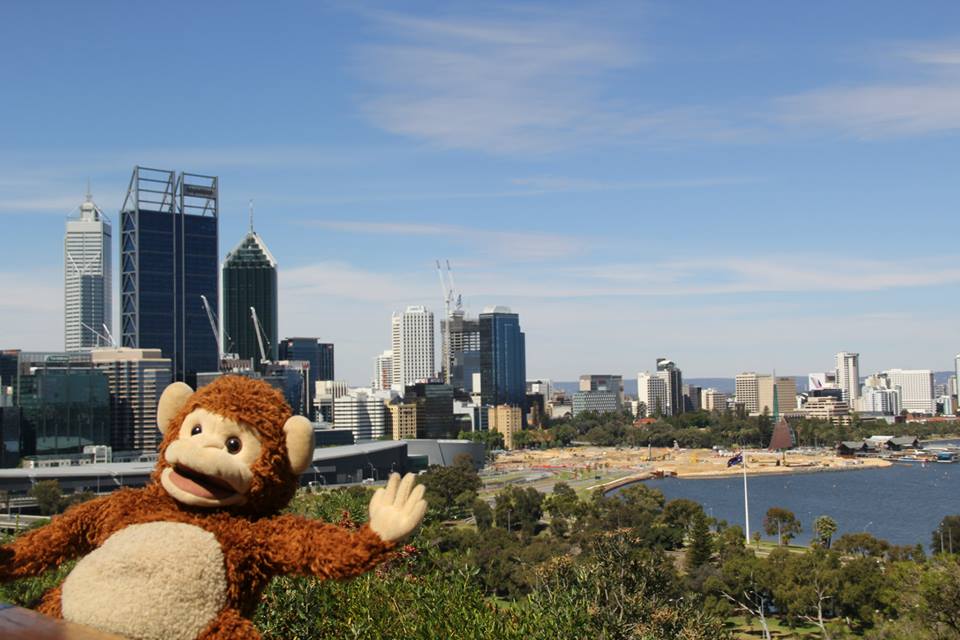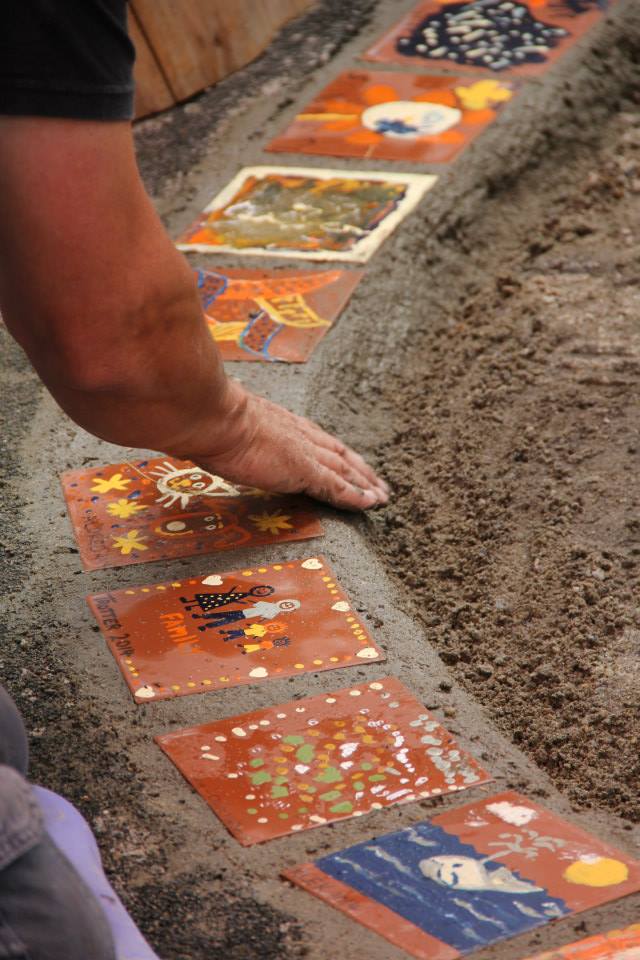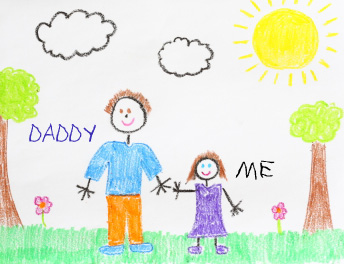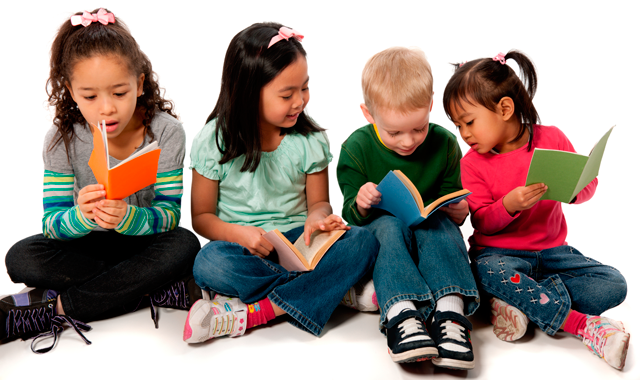And here we are in December! Can you believe that we are now fast-approaching the end of the year?
No doubt it is an incredibly busy and exciting time for all as we prepare for children moving on to primary school, young children moving up to different rooms and everyone getting into the spirit of Christmas and end of year celebrations.
A couple of weeks ago saw Bonkers Beat Music Kinder’s end of year concerts and presentations take place and we were once again blown away by the turn out and the concerts themselves! The dedication and passion was clear in both the educators and the children and it certainly paid off. We couldn’t be more proud!
The end of the year is a special time as we reflect on the year that we’ve shared between educators and children and how far we have all come together. The end of year concerts are a beautiful way to package up what a wonderful year we’ve had, and we even offer a DVD for families who want to commemorate the special event.
The excitement of the year’s end is tripled thanks to the impending joy of Christmas and as we all know, next to birthdays there’s nothing children look forward to more. From singing Christmas songs to creating decorations for Christmas trees, it’s safe to say it’s a particularly fun time of year in the world of early childhood education. I think we’d all agree!
Before we go ahead and farewell 2014, we’d like to extend our sincere thanks to each and every one of you for your ongoing support of Bonkers Beat Music and Wellbeing. Our passion for early childhood education, music and wellbeing is continually strengthened by your encouragement.
As this will be our final blog for the year, to wish our loyal readers and supporters a very Merry Christmas, we’d like to share one of our special Bonkers Beat Christmas songs with you. Click on this exclusive link to enjoy the video recording of ‘Ring The Bells’: https://musicearlychildhoodpresenter.com/merry-christmas-happy-new-year/
All the best for Christmas and the New Year! See you all in 2015!







